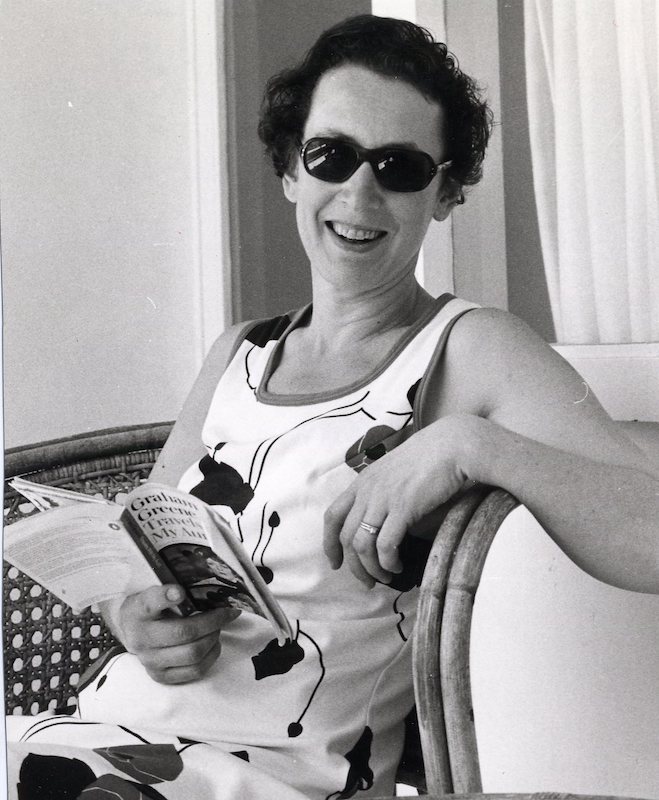
Elizabeth Selby, who co-founded Rex Features, one of Fleet Street’s longest running independent press photo agencies, with her husband Frank Selby, died peacefully aged 96 on Sunday 14th November 2021. See our report 22 November.
Elizabeths funeral took place on Wednesday 15th December at West London Crematorium, with all her children, grandchildren and great-grandchildren present.
Elizabeth Selby an obituary by Herbie Knott – 11.12.2021
Dining-out in gloomy post-war Britain could be a hazardous experience and so it proved on the evening of 11th September 1948 when Frank and Elizabeth Selby were married at Marylebone Town Hall. Following a modest reception the couple raced away for the highlight of their day, a slap-up goose supper at the Czech Restaurant on the Edgware Road. Britain was suffering rationing, goose was a rare treat. Sadly, it seems, the goose had also been on rations…fishy rations. Undeterred, the happy couple escaped to board the 11pm “Golden Arrow” sleeper-train for Paris, undertaking a Grand Tour of their pre-war haunts in France, Switzerland, Prague and Budapest. Sunny days in Paris and the south of France were joyful, Elizabeth noted wonderful pastries to eat in Switzerland, but in Czechoslovakia and Hungary the future appeared bleak.
Their surviving Jewish relatives could only meet for whispered conversations on The Charles Bridge at Prague and in Budapest conversations involving politics were similarly whispered ear-to-ear, even indoors. The Communist jackboot was already planted firmly on both countries. Elizabeth and Frank, both from formerly wealthy families, returned to the UK as relative paupers, knowing they would have to make their own way in the world. It was a miracle that both had survived the war years.
Elizabeth Selby was born Erzsébet “Boezsi” Guttmann in Berlin on April 1st 1925 to Heinrich (Henry) and Adele Guttmann, both from Hungarian-Czech families of Jewish ancestry. The Guttmann fortune stemmed from vine-growing and distilling in Lower Carpathia, a region of the Austro-Hungarian Empire that would change hands several times in the chaotic aftermath of two World Wars. Henry Guttmann was destined to become a Rabbi, but having qualified he decided the religious life was not for him and instead became a journalist. His adventures took him to Sweden in 1917, thence to Spain, then to Vienna where he married Adele in 1919. In 1920 he narrowly escaped execution by the Hungarian communists and by 1925 he was in Berlin, moving to Paris that autumn with Adele and Elizabeth. Writing for German magazines, he soon realised that supplying photographs to illustrate his essays provided a massive boost to his income and began to assemble an archive; thus the young Elizabeth would grow-up surrounded by the tools of photo-journalism. She was already beginning to acquire her extraordinary lexicon of languages, Hungarian at home and French on the streets of Paris; to this was added German when the family moved briefly to Munich in the summer of 1931 whilst her father negotiated terms to continue his writing from England, already seen as a safe haven. From Germany the little family moved to Austria, then to Switzerland, thence to Belgium. Leaving Austria they had to bribe their way through customs using Elizabeth’s christening gift of a gold medallion and chain, a frightening foretaste of things to come, as was her vivid memory of unfortunates being dragged through the snowy streets of Munich by the Brownshirts. In November 1934 they finally reached London.
It was a hand-to-mouth existence in rented accommodation but they had survived the odyssey and so had Henry’s treasured photo-archive, by now approaching 250000 images. Within months young Elizabeth was speaking fluent English and reading Charles Dickens in bed at night.
The coming of war did not interrupt her education though the satisfaction of watching German bombers downed by Spitfires was tempered by the premature death of her mother from cancer on 8th October 1940. Aged 15, she and her father were now on their own and a month later pure chance saved their lives. Continuing her reading-habit, Elizabeth was couched by the kitchen boiler absorbed in Margaret Mitchell’s “Gone With The Wind” when her father suggested they might, for once, go to bed early. Minutes later a bomb landed in the middle of the street, blowing-out windows, shredding glass, smashing doors, Elizabeth and her dad were protected only by the boxes and boxes of archives he had so diligently trailed around Europe. Across the street their neighbours’ child lost both legs, destroyed by the force of the blast. The house was a wreck.
Over the next couple of years Elizabeth completed her education, working with her father to archive his precious files. Her school grades were more than sufficient for a place at University, but, because she was a foreigner, she was unlikely to obtain a scholarship and her father could not afford University fees. Ever-resourceful she enrolled on a Pitmans College secretarial course and within months her father’s contacts led to an interview with The Free French Forces where she spent the remaining war years, requisitioning essential supplies, eventually running her own department aged 19, supplying anything from explosives to “preservatifs” (French letters).
Meanwhile, through mutual friends, Elizabeth had already met a handsome young Hungarian exile soldier and, as their romance progressed, it became apparent that Elizabeth’s administrative and linguistic skills were perfectly complimented by Frank’s salesmanship and his passion for photography. Both enjoyed intermediate jobs but their marriage in 1948 cemented the deal and Rex Features was born from the purchase of a house at 30 Brondesbury Park in 1952, bought with proceeds from Henry Guttmann’s extraordinary archive, so carefully-travelled and sold for £14000 to “Picture Post” around 1946. Henry had soon built up a new archive which he generously donated to Frank and Elizabeth and that collection formed the bedrock of the initial “Rex Features” library of images, disseminated from the front room of their North London home.
“Rex Features Ltd” was officially born in 1954, the product of a syndication arrangement with the Paris-based “Lynx” photographic agency and the business grew rapidly through the 1950s, Elizabeth the archivist and administrator, Frank Selby the charmingly persuasive salesman. This arrangement suited both because Elizabeth was now mother to two young boys, Mike (b.1950) and John who arrived in 1953. Even so, as the business grew and contacts expanded, Elizabeth would find herself multi-tasking, frequently accompanying Frank on trips to Europe to meet new clients, her linguistic skills invaluable (in later life she would add Italian and Spanish to her lexicon). Steeled, perhaps, by her extraordinary upbringing, “Can’t Do” was never an option for Elizabeth.
By 1963 the business had outgrown the front room and premises were rented at King Street, Covent Garden followed by moves to Gough Square (1967) East Harding Street (1976) and finally to Vine Hill in 1979, all conveniently situated for quick access to Fleet Street, the beating heart of British journalism where dozens of newspapers and magazines were located, cheek by jowl, a frenzy of deadline activity and heroically raucous socialising in the many surrounding pubs and restaurants, immortalised in the contemporary “Private Eye” column “Lunchtime O’Booze”. Headlines and “splashes” were conceived over gravity-defying quantities of alcohol and the sober-suited (and eternally sober) Rex Features super-salesman Allan Day (who joined the company in 1966) knew exactly who to tap-up with stories and the best times to catch his frequently-inebriated prey in their most mellow and receptive condition.
Even so, none of this would have worked but for one essential pre-condition, the universal knowledge that Rex Features was an honourable company that always kept its word on verbal deals regarding price and exclusivity. That reputation was key to the expanding business, both in dealings with Editors and with the tribe of photographers who increasingly flocked to the door. So, for instance, Dezo Hoffmann arrived in the early 1960s with his brilliant early pictures of a young band called “The Beatles” and a decade later the society photographer Richard Young arrived with his first set of snaps in 1976. Neither had future cause to grumble; Rex Features offered straight-dealing and fundamental honesty in a Wild-West business.
Elizabeth Selby was key to this trust, keeping immaculate accounts, signing all the Rex royalty cheques in her distinctively spidery scrawl, always posted to arrive, on the dot, by the seventh day of the month. She knew almost all of her Rex “contributors” personally and welcomed them to the office with a cheery smile and greeting, many remaining close friends long after the buyout sale of Rex in 2011. She also cared deeply for her staff, cooking lunches for them in the early years and it was remarkable that under her care Rex Features had such minimal key-staff turnover.
At home, Elizabeth was a domestic goddess to rival Nigella Lawson, a great creator of the cakes and pastries she remembered from her distant childhood. Memories, recollections of cakes and pastries pepper her memoirs, icons of lost innocence, the carefree days when she could pop down the streets of 1930s Paris to chat with the neighbourhood cobbler and buy a delicious light “baguette”. And, that September 1948 goose, that horribly fishy goose? Neither forgiven nor forgotten. For years afterwards Elizabeth would roast at least a brace of geese for family and friends at Christmas. They would leave saying “See you at The Selbys next year!”
She was a keen tennis player, continuing to play after she retired and well into her 80s. She also rekindled her childhood love of stamp collecting, which kept her busy and gave her much pleasure, as well as “keeping an eye” on the old Company and the industry she loved. She was a competent potter and read voraciously, often with multiple books in different languages on the go simultaneously.
Elizabeth was deeply affected by the death of her beloved centenarian husband, Frank in 2018. She continued to live in the large, family home in Brondesbury Park, but she missed the love of her life terribly.
Elizabeth Selby died peacefully on November 14th, 2021. She died saying: “old age isn’t for sissies”. So true. When you can’t cook your goose, you’re gone.
Herbie Knott.
Elizabeth Selby, co-founder of Rex Features, was born in Berlin on April 1st, 1925. Died London, November 14th, 2021. She is survived by her children Mike (b.1950) John (b.1953) and Sue (b.1962).
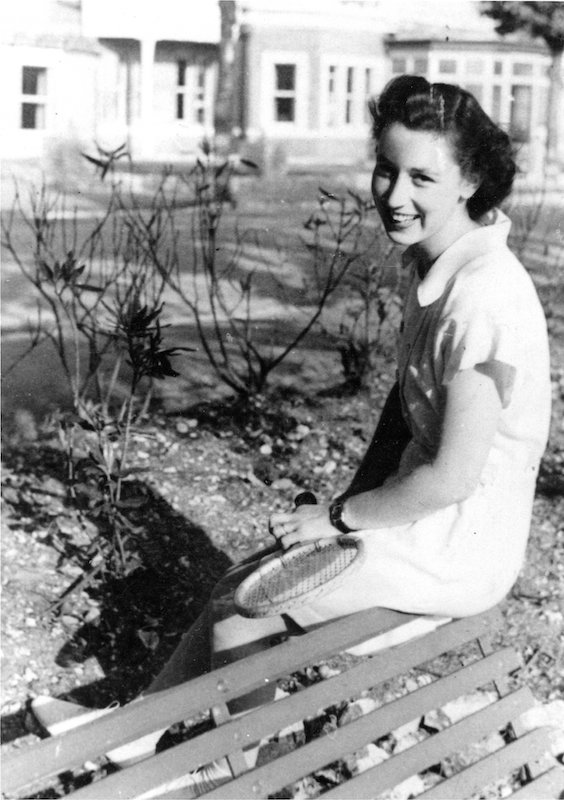
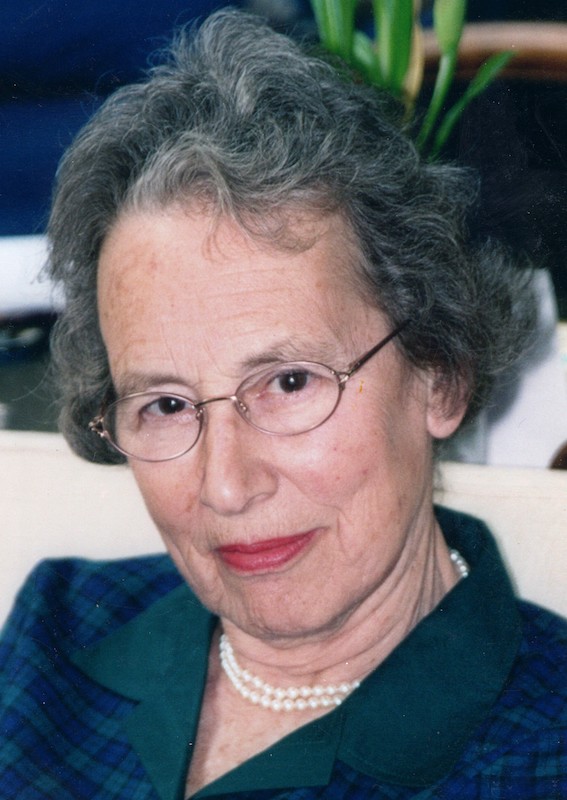
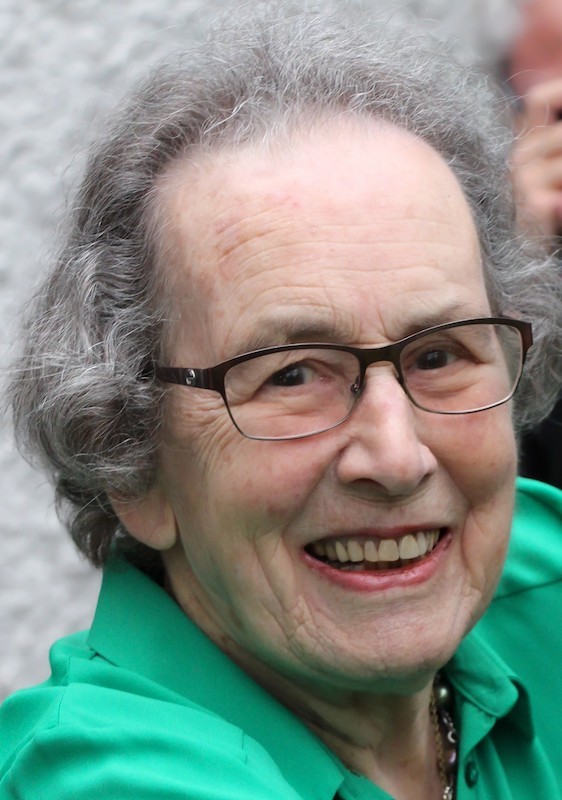
All photos supplied by the Selby family.
Related on PAN:
Obituary: Frank Selby, 1918–2018, Founder of Rex Features
All Rex Features on PAN











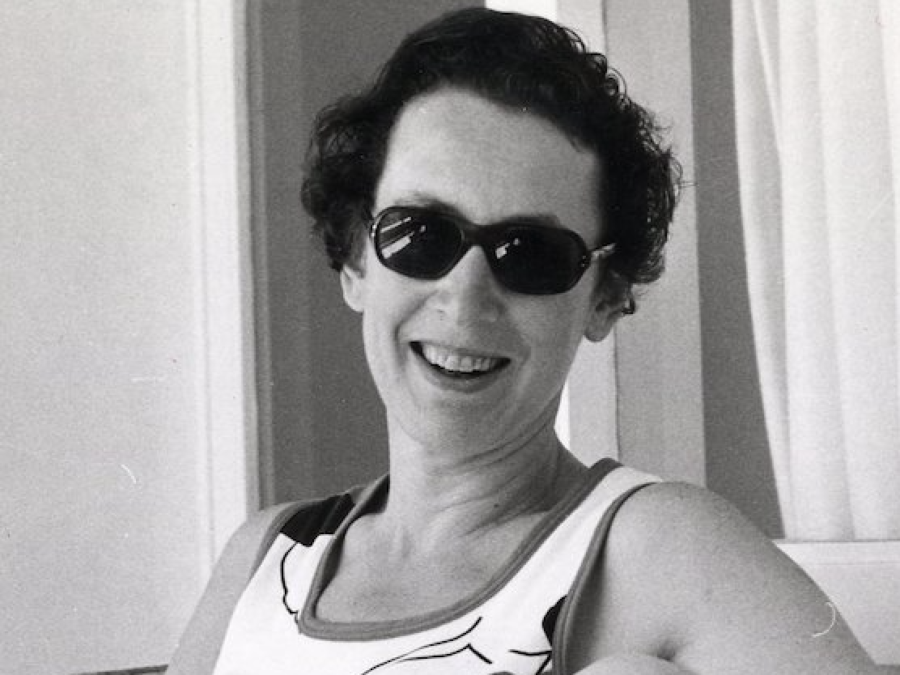
A fascinating read and tribute to a remarkable women’s life worthy of a novel and /or a film .
A life well lived and loved. RiP Mrs. Selby
I was lucky enough to have worked for Rex for 39 wonderful years.
Wonderful words Herbie.
Elizabeth and the story of Rex
And the amazing Selby family.
Thank you.
Beautifully written tribute to a wonderful lady. It brought a tear to my eye remembering Elizabeth and Frank in Vine Hill, at the top of their game, and in our sitting room at Sten’s ”surprise” 40th birthday party, just as at ease in both completely different surroundings. A much-loved and impossible-to-replace couple.
Excellent story and if only Rex could still be ‘Family like’. I felt that family bit when I went inn to Vine Hill, had chats with John and Mike, and on the rare occasion Frank. Always had time. Sadly I never met Elizabeth, but I felt the ‘family atmosphere’, which is what I liked.
I wish companies could always be like this and from like this too. The best bit is the Family and Honesty. Where would many a person be without this.
Thanks Herbie for this and Thanks and sympathies to the family. RIP Elizabeth Selby.
[…] this week by the BBC’s Last Word program who hope to run Rex Features’ co-founder Elizabeth Selby’s life story which will include an interview with photographer Herbie Knott who supplied the obituary […]